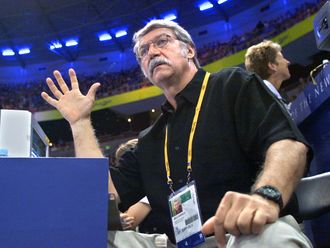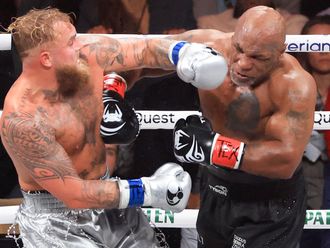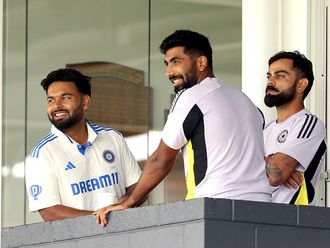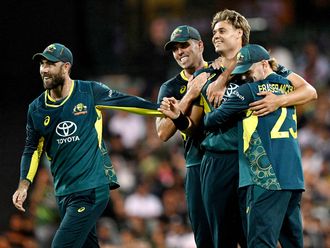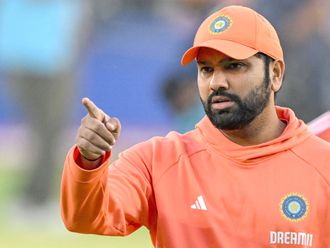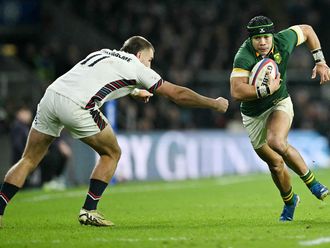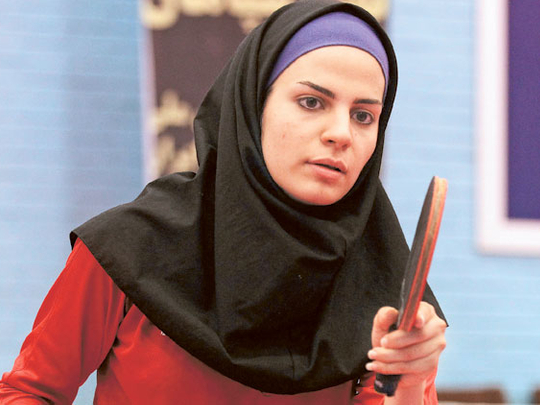
Tehran: Iran’s first woman to compete in table tennis at the Olympics, Neda Shahsavari, says she is “thrilled” to be going to the London Games, and dreams of winning a medal for the Islamic republic.
Petite and agile, the 25-year-old physical education student from the western city of Kermanshah made history for Iran when she beat Kazakhstan’s Yelena Shagarova at the Middle Asia Olympic qualifying tournament in Tehran in January.
“I was thrilled when I made it, beating Shagarova, since she had beat me two months before. It was an indescribable feeling,” she told AFP after a training session for the London Games, which begin on July 27.
“I have made it but I hope I won’t be the last Iranian woman making it to the Olympics in table tennis,” said Shahsavari, who joins seven other women representing the Islamic republic at the Olympics.
In order to get as far as possible in the tournament, she hopes not to meet one of the sport’s strongest competitors from East Asia in the heats.
“Expectations are high. It is very difficult, but I will do my best,” said Shahsavari, who is ranked 490 in the International Table Tennis Federation rankings.
Table tennis is popular in Iran, and ping pong tables are widespread in the country’s public parks.
Shahsavari said she was drawn to the sport by hearing the whack of the ball as a child.
“I was drawn to ping pong when I was 11. I loved the sound the ball made hitting the table and the racket. I started hitting the ball onto the wall and ground and then eventually my parents got me a ping pong table,” she said.
Mandatory Islamic dress code in Iran requires all women to cover their bodies from head to toe, and women athletes must adhere to these rules if they are to compete nationally and internationally.
Wearing a loose-fitting, long-sleeved jersey over a pair of tracksuit bottoms, with the Islamic headscarf, Shahsavari says she is comfortable with the outfit.
“I’ve been competing dressed like this for more than a decade here at home and in international games. I am accustomed to it,” said the young women, who has been in Iran’s national table tennis team for 10 years.
State-run television rarely shows women’s sports events, though many Iranian women are avid sports enthusiasts and practitioners.
Several women have won medals in international tournaments that have allowed them to compete while wearing Islamic dress, notably Sara Khoshjamal-Fekri, then 21 years old.
She became a national celebrity as Iran’s first female taekwondo Olympic qualifier and was listed by Time magazine as one of the “100 Olympic Athletes to Watch” at the Beijing 2008 Games, where she made it to the quarter finals before being knocked out.
Iran is sending 54 athletes to the London Games, including eight women competing in table tennis, hammer throwing, kayaking, rowing, archery, taekwondo and the women’s 10m air rifle.
Iran first took part in the Olympics in 1948 in London, but it boycotted the 1980 Moscow and 1984 Los Angeles Games for political reasons.
In its 14 appearances, it has won 11 gold, 15 silver and 22 bronze medals.


